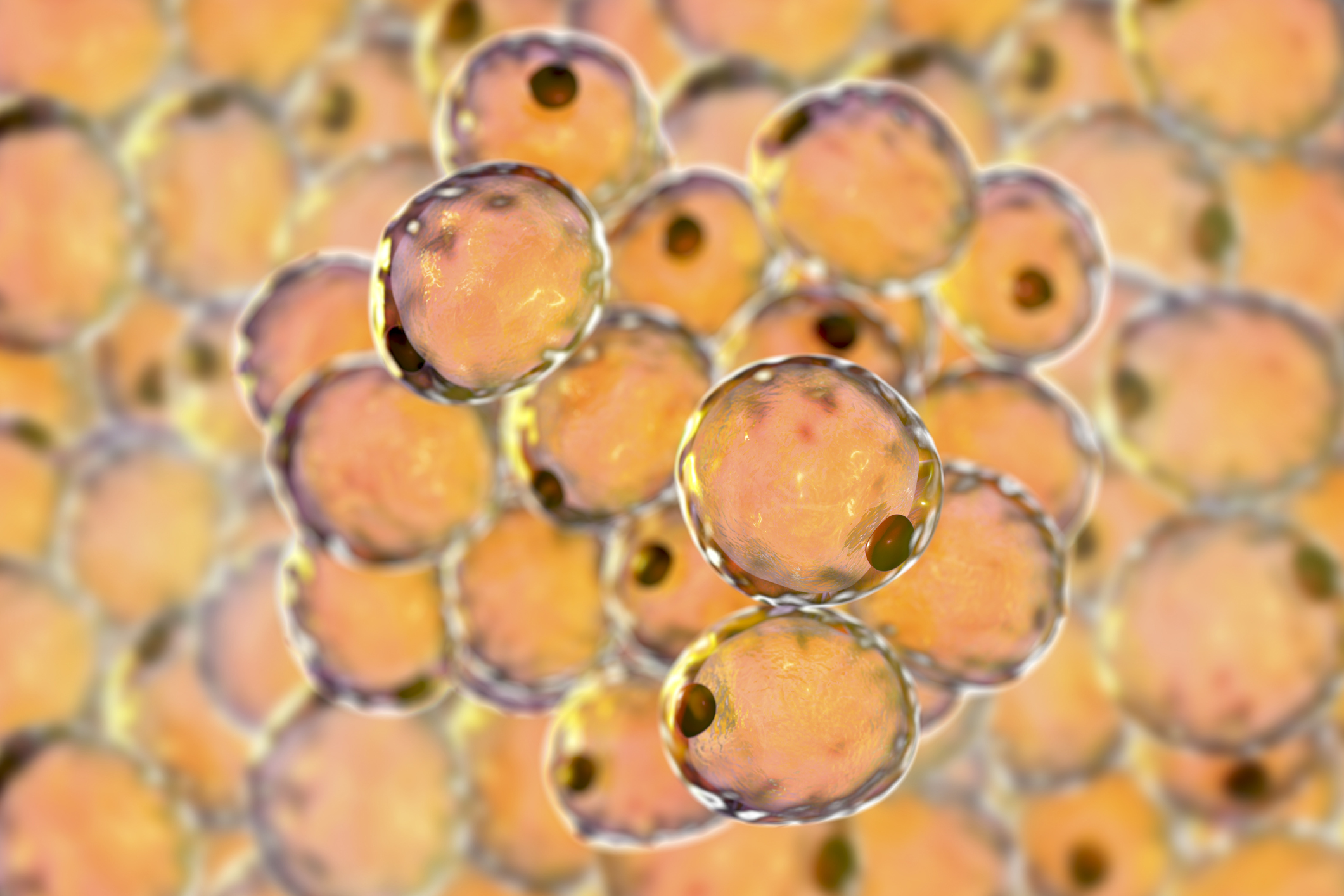

If you’re one of the 40 percent of Americans who are now considered obese, you’ve probably tried to diet to take the weight off and reclaim your health.
But it can feel as if those pounds are not only glued on but also multiplying.
Now, we may know why it’s so hard to lose weight and so easy to gain more, thanks to researchers at the University of California San Diego.
The diet mistake that dampens energy burn
Researchers focused on why, in the case of obesity, a fat cell’s ability to burn energy starts to fail, making it so difficult to lose weight.
And they discovered a surprising answer in the cell’s mitochondria…
They found that after consuming a high-fat diet, mitochondria within the fat tissue of mice began to break apart, splitting into many smaller mitochondria that are incapable of burning fat efficiently.
According to the researchers, too many calories from overeating not only causes weight gain, it also “triggers a metabolic cascade that reduces energy burning, making obesity even worse.”
They did have some good news though…
They discovered that a single molecule was in control of the entire process. When they turned off that molecule, known as RaIA, they were able to protect the mice from excess weight gain, even when they ate the same high-fat diet as other mice.
And they say that in the future, they may be able to help treat or prevent obesity by targeting the RaIA pathway with new therapies.
Of course, that doesn’t do a lot for those of us struggling right this minute.
Supporting your energy-burning mitochondria
Luckily, there are things you can do to support your mitochondrial health and energy production in the meantime.
This includes:
#1 – Supplementing with nutritional oils
Research published in the journal Antioxidants found a two-supplement combo that boosts the body’s energy expenditure.
The combo, which included black seed oil and omega 3s not only shrunk fat cells and turned bad white fat into energy-burning brown fat, but it also elevated mitochondrial function.
#2 – Using a super-energizing enzyme duo
Two powerful enzymes have been shown in extensive research to be capable of boosting your mitochondria and reducing oxidative stress that fuels inflammation and with it, obesity.
This duo includes CoQ10 (coenzyme Q 10) which helps mitochondria make ATP, as well as PQQ (pyrroloquinoline) which increases the number of mitochondria, so you have more fat burners on board.
#3 – Staying active
Finally, be sure to get up and get moving.
Exercise is vitally important to mitochondrial health and it can take as little as two minutes of physical activity to boost your mitochondrial health if you do it right.
#4 – Avoid a high-fat diet
Turn the dial down on the fats in your diet. Fat has a role in the body, but steer your diet towards healthy fats — in moderation. The Mediterranean diet focuses on those healthy fats, like omega-3s from fatty fish, and olive oil and has been shown to be an easier diet to stick to.
So if you’ve been struggling to lose weight, you now have the secret to powering up your mitochondria to power up your weight loss and your health.
Sources:
How obesity dismantles our mitochondria — EurekAlert!

